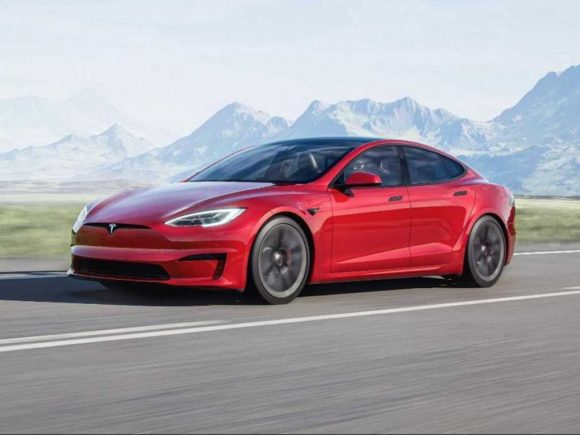End of the road for EV mandates? Trump’s new energy order explained
The Trump administration has taken steps to scale back federal policies promoting electric vehicles, citing concerns about consumer choice and market distortions. A new energy-focused executive order directs federal agencies to reevaluate regulations and subsidies supporting EV adoption, with an emphasis on reducing mandates perceived as favouring electric models over traditional internal combustion engine vehicles.
The order seeks to address what the administration describes as “unfair subsidies” and regulatory requirements that it believes compel automakers to prioritise electric and hybrid models to meet stringent environmental standards. These standards, designed to limit vehicle emissions, have been credited with driving the rapid expansion of the EV market in recent years.
Potential Changes to Pollution Standards and Subsidies
One aspect of the directive calls for a review of emissions regulations overseen by the Environmental Protection Agency (EPA). Current rules set ambitious targets for reducing vehicle tailpipe emissions, effectively requiring automakers to increase their production of low- and zero-emission vehicles. Critics of these rules argue that they limit consumer options and impose costly development requirements on manufacturers.
The executive order also raises the possibility of modifying or limiting federal subsidies for EVs. The existing federal rebate of up to $7,500 per vehicle has been a significant factor in encouraging consumer adoption of electric cars. Although eliminating the rebate entirely would require congressional approval, the administration could impose stricter eligibility requirements or other modifications to reduce its impact.
Balancing Consumer Choice and Environmental Goals
Supporters of the move argue that it restores a level playing field for all vehicle technologies and gives consumers greater freedom to choose vehicles that best suit their needs. They contend that current policies disproportionately favour EVs, creating artificial market incentives.
However, environmental advocates and proponents of EVs express concerns that rolling back these policies could undermine efforts to reduce greenhouse gas emissions and combat climate change. They highlight the progress made in recent years toward reducing vehicle emissions and advancing clean energy technologies.
Implications for the Auto Industry
For automakers, the potential policy shifts present both challenges and opportunities. While relaxed emissions standards and reduced subsidies might lower compliance costs in the short term, they could also affect long-term investment in EV development. Many manufacturers have already committed to substantial electrification strategies, driven by regulatory requirements and growing consumer demand for cleaner vehicles.
The administration has not provided specific details on how the proposed changes will be implemented and any legally binding rules could take months to finalise. As the review process unfolds, stakeholders from the automotive industry, environmental groups and policymakers are expected to weigh in on the future direction of U.S. vehicle regulations.
The debate underscores a broader tension between fostering innovation in clean energy and maintaining a market that supports diverse consumer preferences. The ultimate outcome of these policy changes could have lasting implications for the automotive industry and the environment.

